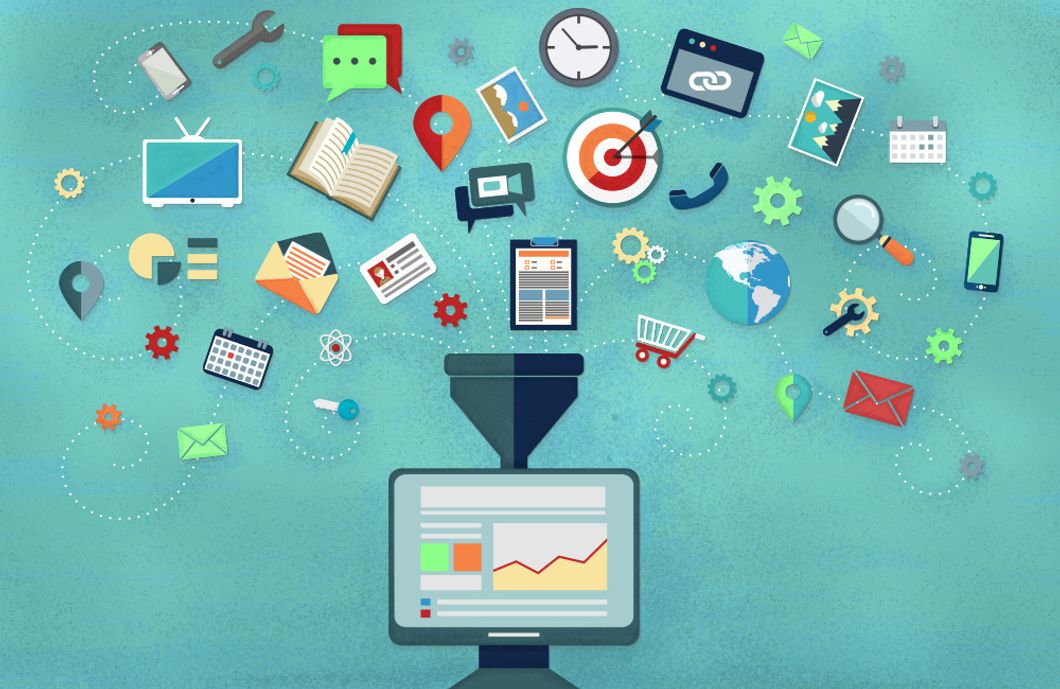Recently, for a class assignment, I researched the ethical and societal implications of "Big Data," as in how when companies collect data from online users and use the results to market other brands or increase online traffic. Data can be used to shepherd online activity into purchasing different things, clicking on different sites, and becoming interested in different brands and companies based on suggestions or advertisements. Based on my findings, the power of market research is so evident in something as simple as the data found in my online accounts. My physical life is often controlled by my online life, in terms of what I talk about, choose to wear, etc. It is interesting that the data that we produce as online consumers so clearly show who we are, and marketers who can obtain this data can, in turn, create new realities in my life and others' lives. To be honest, it is scary how much we do not think about on a daily basis as being controlled by data collection and market research. While it may be true that more and more people are becoming aware of this phenomenon, many people are still unaware of how much targeted advertisements, media corporations, etc. can impact their daily lives.
Yes, it is true that when people sign up for online social media accounts, use the internet, or click the box on having agreed to the Terms and Conditions, they are agreeing to those sites collecting their data, or observing them. This doesn't, however, mean that they know the rest of the privacy agreements they are signing off on. I have noticed recently that many apps and websites are letting users know about data collection, via pop-ups.
While it may not be harmful to companies to market clothing or food to consumers that they may enjoy through market research based on their data, there is a distinct danger that this control poses to society. Data collection and marketing is powerful, and with technology becoming more and more a necessary aspect of our lives rather than an optional one, there is no escape from it. The question is: where is the line drawn between data marketing and data controlling? And has it already been crossed?



















